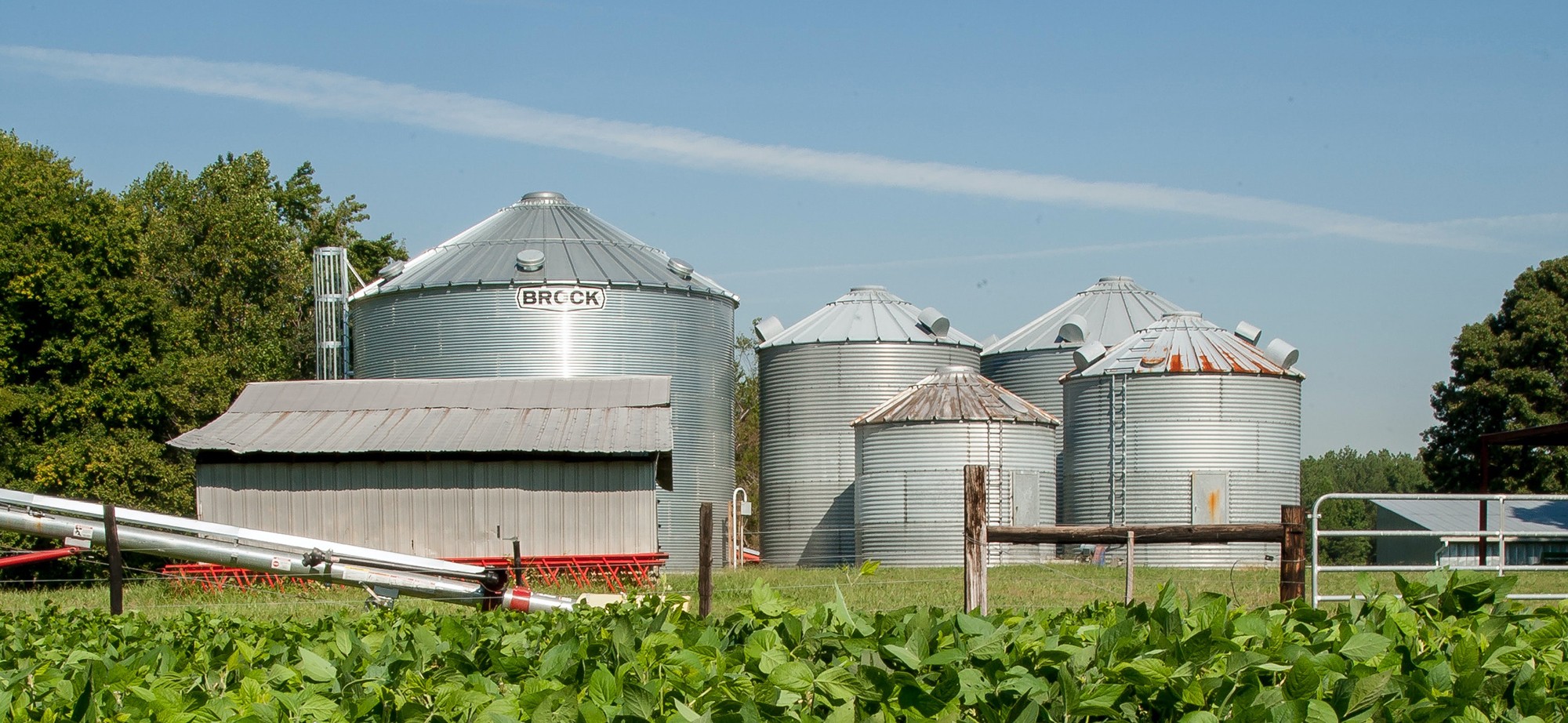How food spoilage can be easily prevented in agricultural businesses
The preservation of food is a major global problem. A total of 1.4 billion tons of food is wasted worldwide, with the United States wasting the most at nearly 40 billion tons per year. Agriculture accounts for about 16 percent, with all the costs and demographic pollution that entails. At SenseAnywhere, we believe we have the right technology to achieve sustainability goals and reduce food waste.
High risks
The agricultural business faces many uncontrollable variables when it comes to producing and storing food. This industry depends on the quality of the crop, consumer demand and weather. Overproduction is one way to overcome the risk of crops being damaged by weather or disease. In addition, responding to consumer demands carries significant risks. An estimated $248 billion is thrown away in the U.S. each year due to unconsumed food.
These days, 30 to 40 percent of the entire U.S. food supply ends up at US landfills. This has huge environmental implications: food waste accounts for 11 percent of global emissions like carbon dioxide and methane. In addition, 21-33 percent of water is wasted across U.S. farms, and the decaying food causes nitrogen pollution. To counteract this, storage of produce is essential, especially for seasonal products that are not produced in greenhouses.
Read the full white paper: How food spoilage can be easily prevented in agricultural businesses
Subscribe to our newsletter
and stay updated on the latest developments


